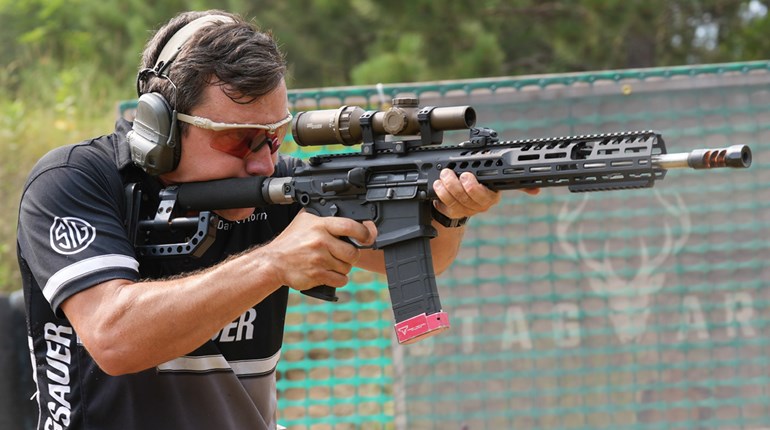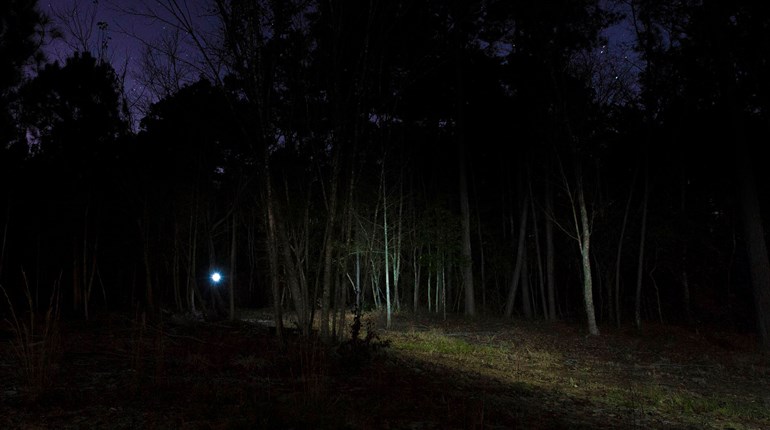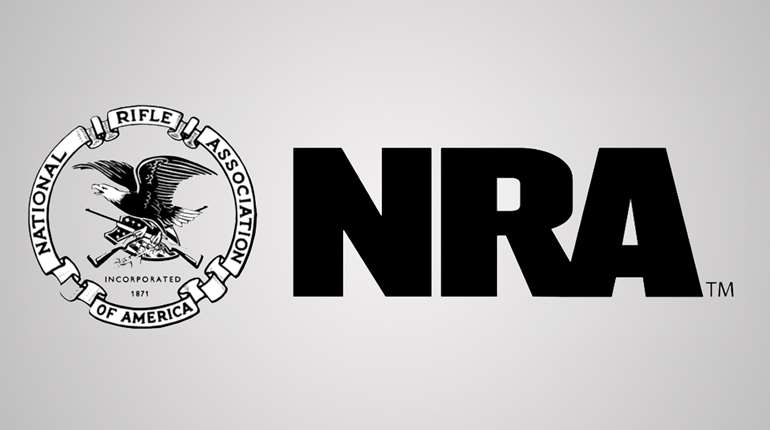
The world of hunting is full of knowledge, as well as traditions and practices as varied as the people who employ them. While many people only get to hunt a few times each year, it doesn’t mean you can’t have some pre-hunt preparation traditions that make it enjoyable and memorable for yourself and those with whom you hunt.
Do These
There is a lot to do if you are not a frequent hunter. Depending on what type of hunting you are doing, it’s everything from buying a license to purchasing ammo, getting your rifle zeroed, setting up the tree stand or blind, finging hunting clothes, packing food and hand warmers, etc.
Here’s a checklist of Dos:
- Find season dates on your state DNR website early in the year and plan which tags you will purchase and when you will hunt.
- Check your tree stand or ground blind early in the year and scout locations. You can even plant a feed plot on your own land. About a month out, start making final preparations of you stand (ladder, last minute fixes, etc.) The day before, if it’s possible, put out items like a chair or cushion in your stand so you have fewer things to carry out the day you hunt.
- Zero your gun and have ammo ready at least a month out. If you need to order ammo or change anything, you will still have time.
- Find appropriate hunting clothes and boots a week out. Add some ear plugs to your coat pockets.
- Find gloves, hand warmers, a hat, etc.
- Add a bag of field dressing gloves and tools to your vehicle so you have them for dressing game.
- If you hunt near private land, find the phone numbers for the landowners so you can contact them if you need to track an animal after you shoot it.
- If you’re really serious, hang your hunting clothes outside for a week or two to let them lose the odors of your house and take on the scent of the outdoors.
- Plan communication with your hunting party. If you have to track an animal, let your hunting party know so they can keep eyes open for it, as well as to be aware you might need their help soon to drag or pack the animal out.
These are just some ideas; there are many more! But it will get you started on the big items.
The Don’t Items are Just as Important
Many of the “don’ts” are common sense. Such as, don’t forget about the 4 rules of firearm safety and review them with everyone you hunt with.
- Don’t assume your rifle is zeroed from last year (for you deer hunters who might not touch your rifle again until the next season.) Choose the distance you are most likely to shoot at from your stand and zero with that in mind. For example, the average deer hunter is likely going to be taking shots from 50 to 100 yards in the woods, whereas an elk hunter might be taking shots from 100 to 300 yards or maybe further, depending on their zero distance and their skill and projectile they are shooting. So understanding how far you might shoot, but also where you are most likely to shoot, and shooting a target at those distances would be the best preparation.
- Don’t take risky shots. If you are losing light and can’t see well enough to be 100 percent certain of your shot placement, or if “your target and beyond” are both not absolutely safe, don’t take the shot. There will always be another hunt. But a mistake that could cause problems isn’t worth it. Make sure that others in your hunting party know this as well, especially if making drives.
- Don’t sleep too late: getting into the woods and your stand before daylight, before other hunters kick up game to you, well, that’s one of the least expensive and easiest ways to a successful hunt. The early bird often gets the best shot at the game!
- Don’t make a lot of noise, just because it’s too dark going into or leaving your stand. If you are on the move to and from a stand or blind, still move deliberately. You don’t want to kick up that might be bedded down when you cannot take a shot.
- Really serious hunters will consider scent and food, everything they snack on or bring into their blind. And the same with showering or what you smell like. The less strange and disruptive you are in smell, sight and sound, the better your changes will be.
Traditions
Everyone should have a few hunting traditions that are their own. It can be anything from your gear, to where and when you hunt, or even where you go for dinner in the evening with your crew. But sharing these traditions with your friends and family are part of why people find such enjoyment in hunting. A good recipe, sharing meat with friends who aren’t able to hunt—these are ways that hunters can spread the beauty of what it means to harvest animals and help manage natural resources.
When I was a young, our family would make venison sausage together, and then head to my grandpa’s where he would smoke it and we would share it with family and friends. To this day, mustard seed and the smell of cure for sausage rockets me back to November in the house I grew up in. Start traditions with your family and pass them down to the next generations!














































